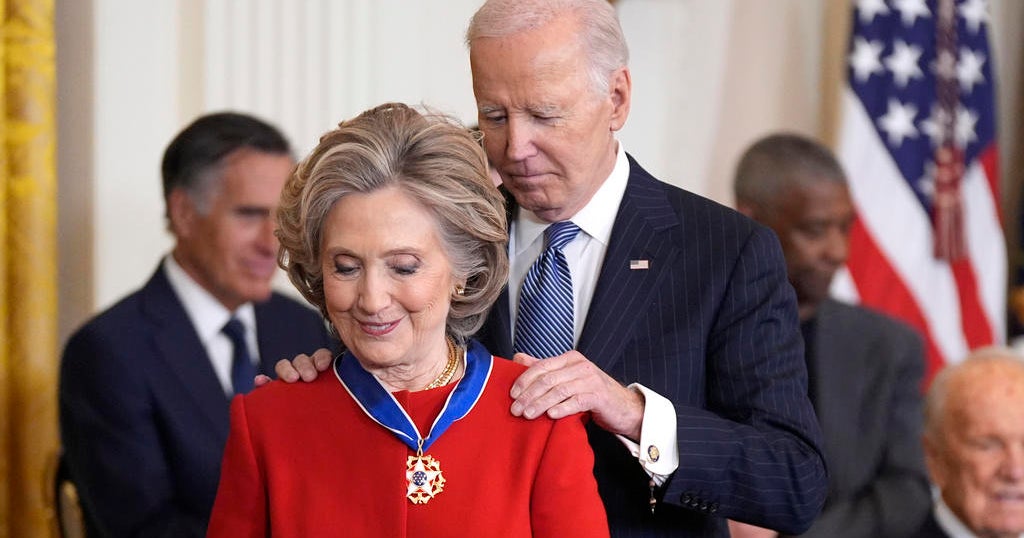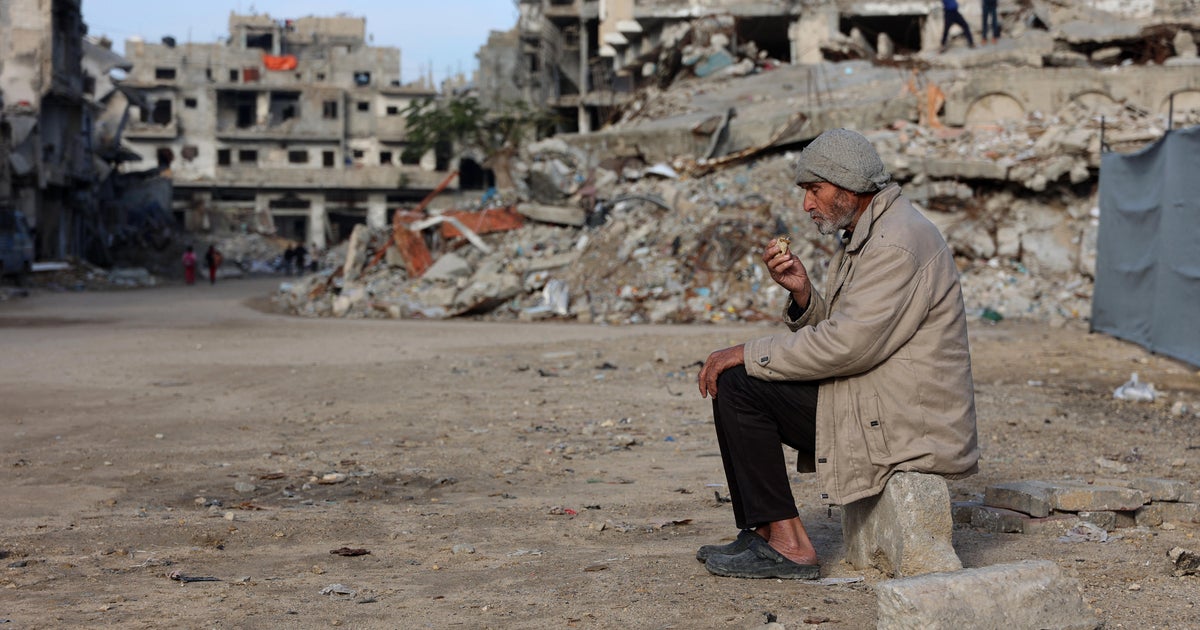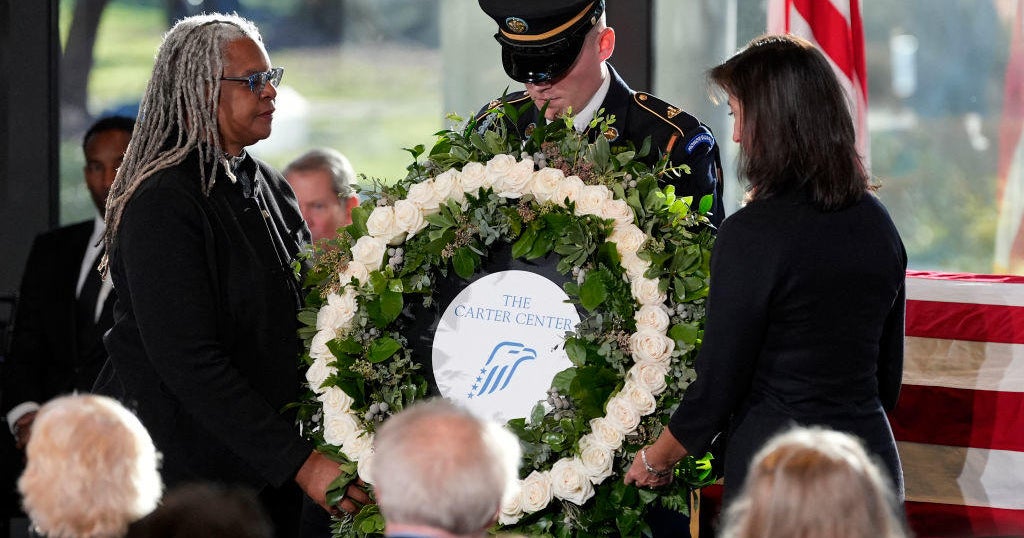National security threats in year one of Trump administration: Cyber security, lone wolves
National security experts say while the threat has relatively stayed the same since President Trump first took office in 2017, lone actors and attacks on the country's cyber security systems currently pose as the greatest threats to the homeland. These issues are sure to be addressed in Mr. Trump's first State of the Union address Tuesday.
The U.S. is now less worried about large-scale terrorist attacks than it has been since before 9/11. That fear has been increasingly supplanted by concerns about lone wolves and individuals inspired by "jihadist propaganda" on the internet, CBS News national security analyst Fran Townsend told CBSN's Elaine Quijano on "Red and Blue."
Townsend characterized the threat of lone wolf attacks in the United States as "immediate" but said that the U.S. also needs to watch for other evolving threats like proliferation, another topic the president could bring up in his State of the Union address.
- What will Trump talk about in the State of the Union?
- Cord-cutters: Watch the State of the Union address online
The decreasing influence of ISIS plays into Michael Morell's assessment of the threats to the U.S. The former deputy director and acting director of the CIA praised the administration for ratcheting up the fight against ISIS in Iraq and Syria, which he said, has "taken the wind out of the sails of ISIS."
"The president and Secretary of Defense [James] Mattis deserve a lot of credit for accelerating the fight against ISIS, I think that will make it more difficult for them over time to recruit lone wolves in Europe and the United States," Morell told Quijano.
He added, "Eventually, we'll start to feel that in terms of the threat on the ground."
Morell touted the administration's aggressiveness on the military front, pointing to the addition of special forces on the ground and the support of local forces in Iraq and Syria.
"He's in places like Yemen, he's put forces on the ground, U.S. forces to support the locals who are fighting against terrorists so [he's] been much more agressive militarily and I strongly support that," said Morell.
Cyberattacks on the homeland
Both Townsend and Morrell view the nation's cyber security posture as the biggest development in threats to the homeland over the last year.
"The United States worries about the destructive attack...it's the attack that corrupts a hard drive and literally destroys it and destroys the data," said Townsend, pointing to the cyberattacks carried out in the Middle East and on Sony Corporation by the North Koreans.
She adds, however, that "influence operations" that mirror that of Russia's meddling or influence in the 2016 election pose a "real threat" to the U.S.
"It's not just influencing the political system in the election, but it's influencing the population, having fake accounts that stir up internal descent, whether its white supremacists, Black Lives Mater, taking advantage of domestic debates to divide the population, the use of cyber to divide and sort of sow descent inside the American population is another sort of cyber event that poses a real threat to us," said Townsend.
Morell agrees -- saying that the U.S. needs to be focused on other nations copying Russia's "weaponization of social media."
He says that Russia is "trying to weaken us as nation, they're trying to divide us, they're trying to weaken us, so we don't play as big a role in the world, that we stay internally focused."
Morell added, "They're trying to give a black eye to democracy because the thing that Vladmir Putin fears the most is democracy in Russia. So if he can point to the democracies in the west and say, 'Hey, that's not a great form of government. Look at them -- our form of government is better.' Then that solidifies him at home."



